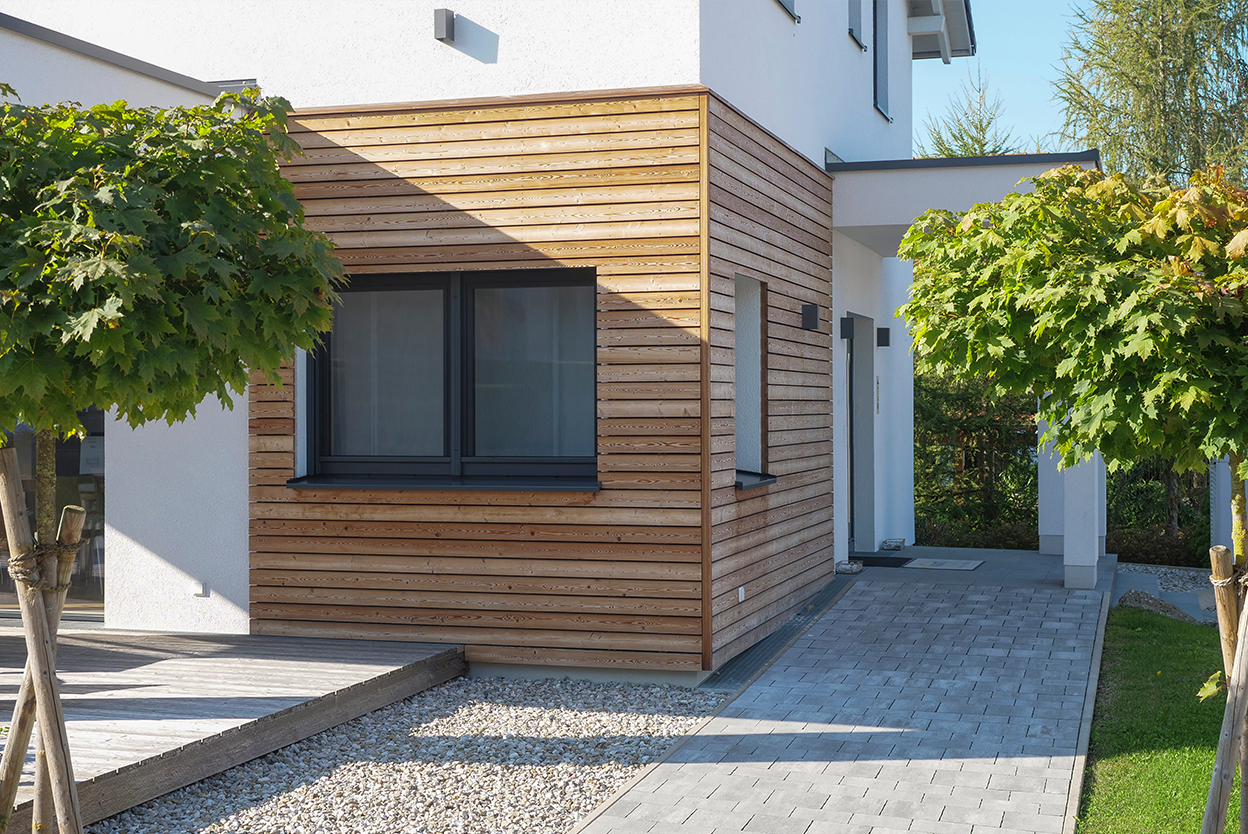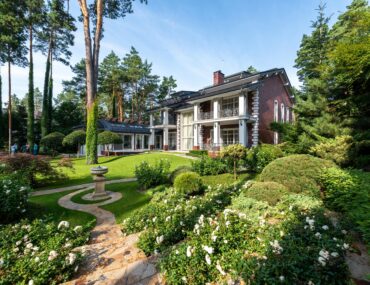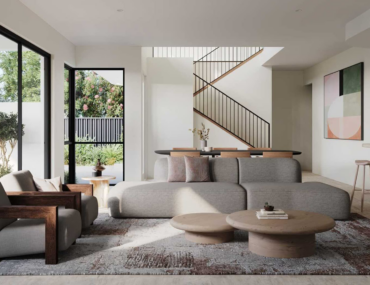The construction industry has long been a cornerstone of Egypt’s development. But with climate change intensifying and urban expansion accelerating, it’s time to rethink how we build. One crucial shift is using more natural materials in construction. It isn’t just about going green for the sake of trends — it’s about securing a livable future for Egypt.
Why This Matters Now
Egypt is one of the countries most vulnerable to climate change. According to the World Bank, rising temperatures could push the country into more frequent heatwaves, longer droughts, and severe water shortages by 2050. What role does construction play in this? A big one. Nearly 23% of Egypt’s carbon emissions come from the construction sector alone.
Yet, despite these risks, over 60% of new buildings in Egypt still use conventional materials like concrete, steel, and synthetic insulation — all of which have large carbon footprints. In a time when change is urgent, sticking to these methods is simply unsustainable.
What Are Natural Building Materials?
Natural building materials are sourced from nature with minimal processing. They include:
- Adobe and clay bricks
- Rammed earth
- Stone
- Bamboo
- Straw bale
- Timber from sustainably managed forests
- Lime plasters and natural insulation like sheep’s wool or hemp
These materials are biodegradable, non-toxic, and energy-efficient both in production and performance.
Benefits of Natural Materials in Construction
1. Lower Environmental Impact
Natural materials require far less energy to produce. For example, creating a clay brick uses significantly less fuel than manufacturing cement blocks. Additionally, many natural materials can be sourced locally, reducing emissions from transportation.
2. Better Indoor Air Quality
Synthetic construction materials often emit harmful chemicals known as VOCs (volatile organic compounds). Natural materials, on the other hand, allow for better air circulation and fewer pollutants inside homes, leading to healthier living environments.
3. Thermal Comfort in Egypt’s Climate
Materials like mudbrick, straw bale, and rammed earth provide excellent insulation, keeping interiors cool in summer and warm in winter. This reduces the need for air conditioning, saving both energy and money. In a hot country like Egypt, that’s a significant advantage.
4. Resilience and Longevity
Contrary to popular belief, many natural materials are incredibly durable. Traditional Egyptian homes made from clay and stone have stood for centuries. When well-maintained, natural buildings can last just as long — if not longer — than those built with modern synthetic materials.
5. Boosting Local Economies
Natural construction often relies on local materials and labor. This approach creates jobs, supports artisans, and strengthens rural economies. Instead of importing expensive materials, we can invest in our communities.
Misconceptions Holding Us Back
Some builders hesitate to use natural materials, fearing they are outdated or less effective. But this mindset overlooks modern techniques that combine traditional materials with modern engineering.
Organizations like Earthship Biotecture and examples from Green Building Africa show how natural materials can be used innovatively and stylishly. Countries like Morocco, India, and even parts of Europe are successfully integrating these methods into mainstream construction.
What About Regulations?
Egypt’s building codes still heavily favor conventional methods. That’s part of the challenge. For wider adoption of green materials, policy updates and incentives are needed. However, private developers can still choose to act responsibly.
What Homebuyers Should Know
Whether you’re building from scratch or looking to buy a sustainable home, it helps to know where to start. Platforms like Bayut offer easy access to property listings, including newer developments that emphasize eco-friendly design.
Bayut is known for its user-friendly search features, detailed property descriptions, and high-quality images. You can quickly filter listings by property type, location, and features that matter to eco-conscious buyers.
Looking Ahead: A Smarter, Greener Egypt
As the real estate landscape in Egypt grows, buyers and developers alike must think beyond square meters and resale value. Sustainability matters more than ever. Investing in natural construction materials is one of the simplest and most impactful ways to reduce emissions, improve comfort, and support long-term resilience.
We can’t afford to wait. The effects of climate change are already here, and construction is part of the solution. Choosing natural materials isn’t a sacrifice — it’s a smart, responsible move that benefits both people and the planet.By making thoughtful choices today, we can shape healthier homes and a more sustainable Egypt tomorrow. And when you’re ready to explore properties that reflect those values, Bayut is a good place to begin.



